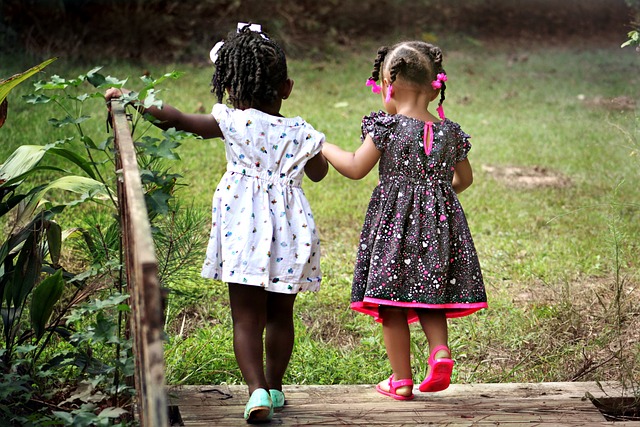For Americans, the month of June begins vacation getaways in exploration of unfamiliar places and people as evidenced by explosive air travel and a bevy of out-of-state license-plated vehicles. In LGBTQ+ circles, Gay Pride ignites 30 days of celebratory fire, and Black Americans take time to pause and reflect on the past in observance of Juneteenth.
Central to both commemorations are themes of tolerance. This message reverberated throughout various sessions of the UU General Assembly which I recently attended. Closer to home, however, I was impressed by a young Sunday School’s participant’s expression of familiarity with what it means to be different. Unlike adults, the eyes of children frequently focus on human commonality.
Often referred to as Emancipation Day or Jubilee Day, Juneteenth became a Texas holiday in 1980 and a federal one 41 years later. Despite the Emancipation Proclamation’s enaction in 1863, official notification of slavery’s abolishment arrived in Texas two years later, freeing over 250, 000 enslaved people.
In my household, the holiday was a memorable time with family and friends who would partake in barbecue washed down with red soda, representing the buckets of blood lost in slavery. Yet, as a kid, I lacked a thorough understanding of the holiday’s magnitude.
While we may differ in sexual orientations and identities along with skin color, language, and food favorites, we are more alike than we are different. Rather than embrace differences as deterrents, let us continue in the spirit of recognizing that every human being has value.
–Shari Wright, Emerson’s UU Education Coordinator






